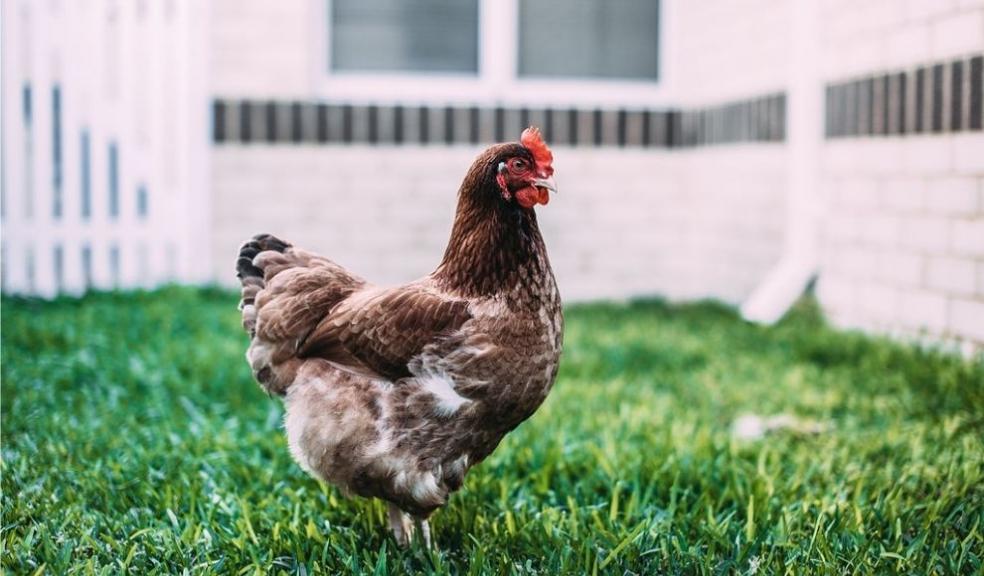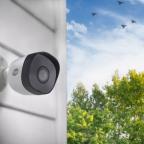
Five top tips to keep happy pet chickens laying eggs
-
There are now an estimated 1.5 million home chicken keepers in the UK who will be looking at their flocks for more eggs now the clocks have changed.
-
Pet chickens can lay eggs up to once a day and offer a great source of protein with tasty breakfasts for the whole family.
-
Chickens can be fussy; five top tips for eggcellent production from your garden or urban chickens.
Cambridge, 30 March 2021
Following the in-depth research into pet ownership in the UK last year, ChickenGuard is looking to repeat the same research in 2021. According to the last survey results, there were 1.3 million pet chicken owners in the UK. Based on the upward trajectory caused by the lockdowns, this is now estimated to be over 1.5 million households.
Although the pandemic and lockdowns accelerated the influx in chicken pet owners, it does not show signs of easing, and the popularity of our feathered friends continues to grow. It is not just about the fun and frolics with chickens and similar poultry; Brits have become wise to the regular supply of high protein, tasty eggs that their feathered friends can supply. Although chickens can be relied upon to lay regularly, new chicken pet owners may be unaware of factors that can affect their ability to lay. Below are top five tips to keep your girls happy and the egg supply regular.
Daylight hours: The launch of British summertime is not only a luxury for lighter evenings, but it is also a trigger point for hen owners to notice an increase in egg production. Hens need about 14 hours of daylight as a minimum for the best egg production. If the coop is particularly dark, allow them pen runs for as long as you can in daylight to keep your chickens clucking.
Nest Boxes: In the coop, if you have three or more chickens, you will need a box for every three laying birds. The nest boxes should be dark - although some chickens prefer a little light, perhaps vary the boxes to allow the hens to choose. They should be able to stand up and turn around quickly for an optimal environment.
Nutrition & Water: Nutrition is vitally important for the quality of the eggs as well as production. Good quality food suggested by a local specialist is always advisable, so get some advice. Too little protein, calcium and salt will halt production. As calcium is vital for the bones of your hen and the condition of the shell of her eggs, using a limestone or oyster shell grit will help. Water is also vitally important. Many new pet owners will not realise, but hens can drink up to 500ml of water A DAY during hotter days. Make sure the water is kept cool, and in summer, replace it three or four times a day.
Age: Just like humans, chickens only produce eggs until a certain age. New pet chicken owners may have joined a rescue programme and are rearing rescued hens. Although they will get back to health and produce eggs, there is no definitive way to know how old the hen is. So, be patient with her, maybe she has got to an age of retirement. It is to be expected!
Safety and Fear: A happy hen is a laying hen. Many pet chickens will have been reared in built-up areas, so they are likely to be more acclimatised to the random noises around them. However, their safety is vital to reduce fear and ensure the hen is comfortable to lay. Ensure all runs are secured, be aware of local dogs or cats that could appear near the coop and scare the hens. Also, make sure you secure the coop at night. Many coops are surprisingly easy for a fox to circumvent. Installing an automatic coop door reduces the risk that the door is left open after dark and ensures your flock remain contented.
Ben Braithwaite, Founder and Inventor of ChickenGuard, comments: “We are delighted to see so many new pet chicken owners. But we are also aware that they have not got the experience to understand the birds' life cycles. Egg production is only one part of owning these amazing characters, but it can be quite lucrative when it comes to breakfast time. For you, and half the neighbourhood with some healthy, happy hens.”
To find out more about chicken keeping, get more tips and advice and to hear from experienced keepers go to the ChickenGuard website at https://www.chickenguard.co.uk/.







